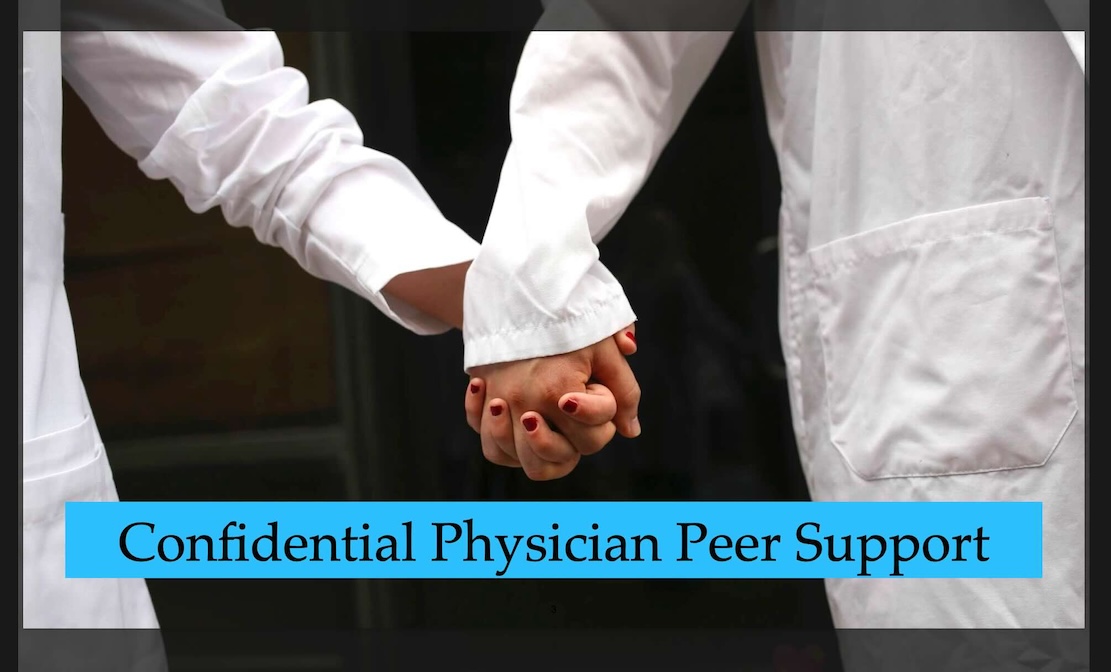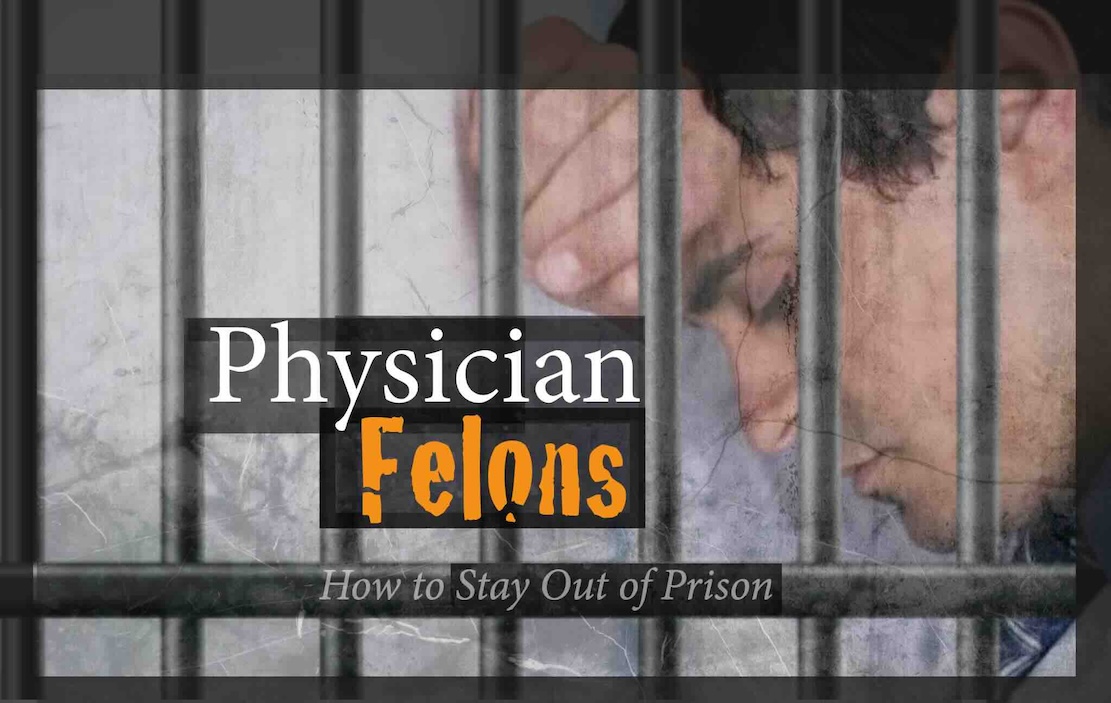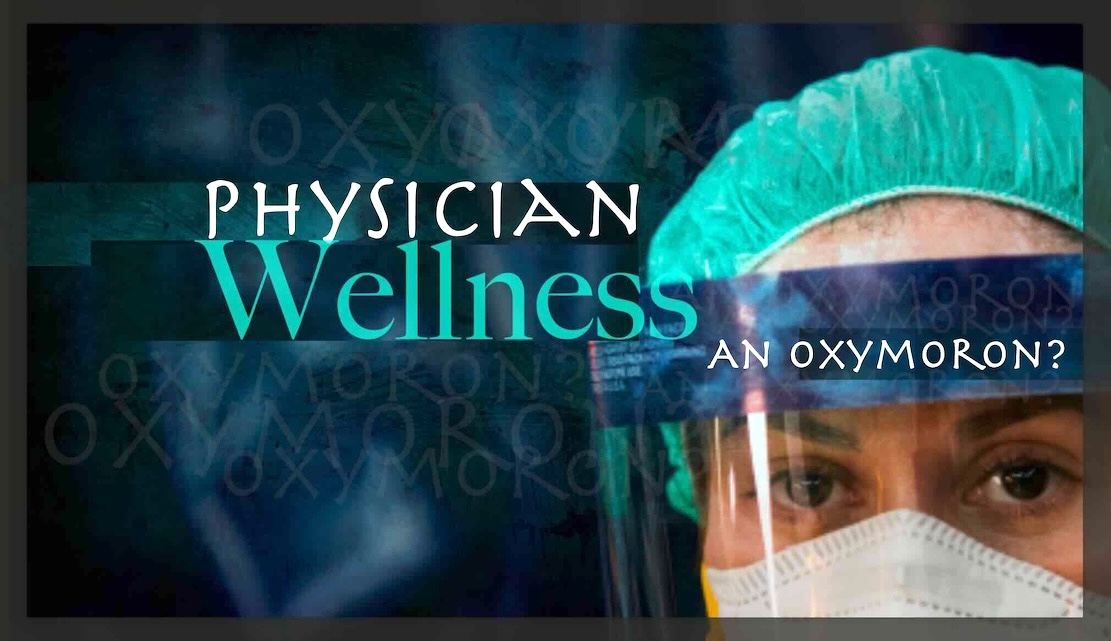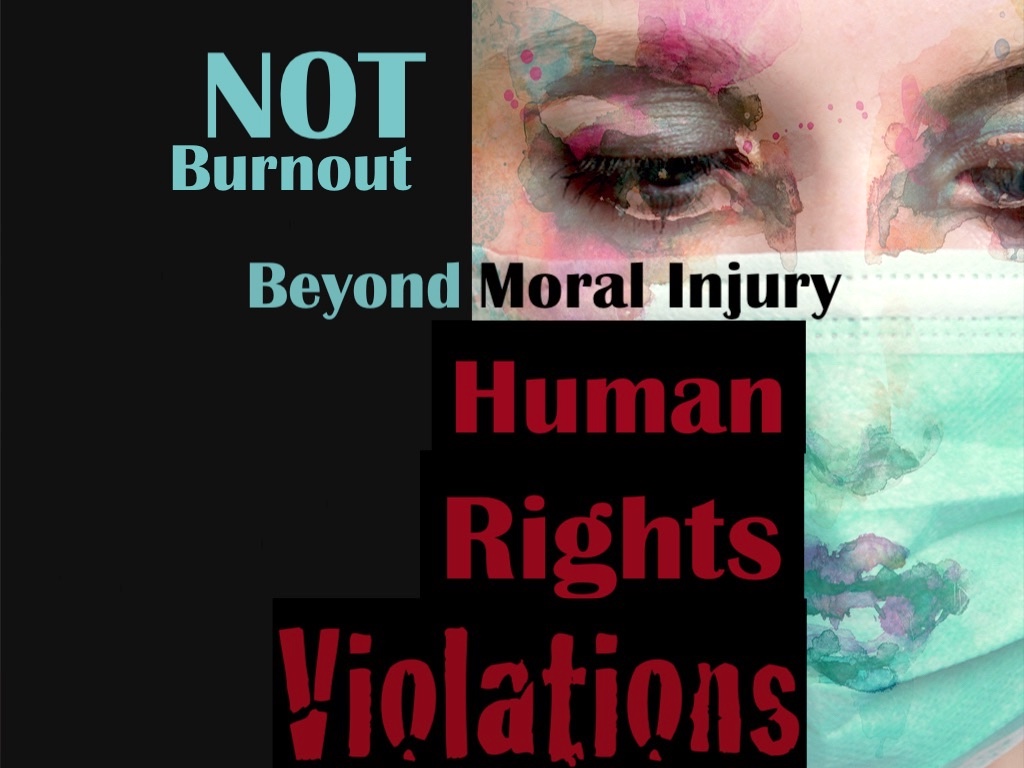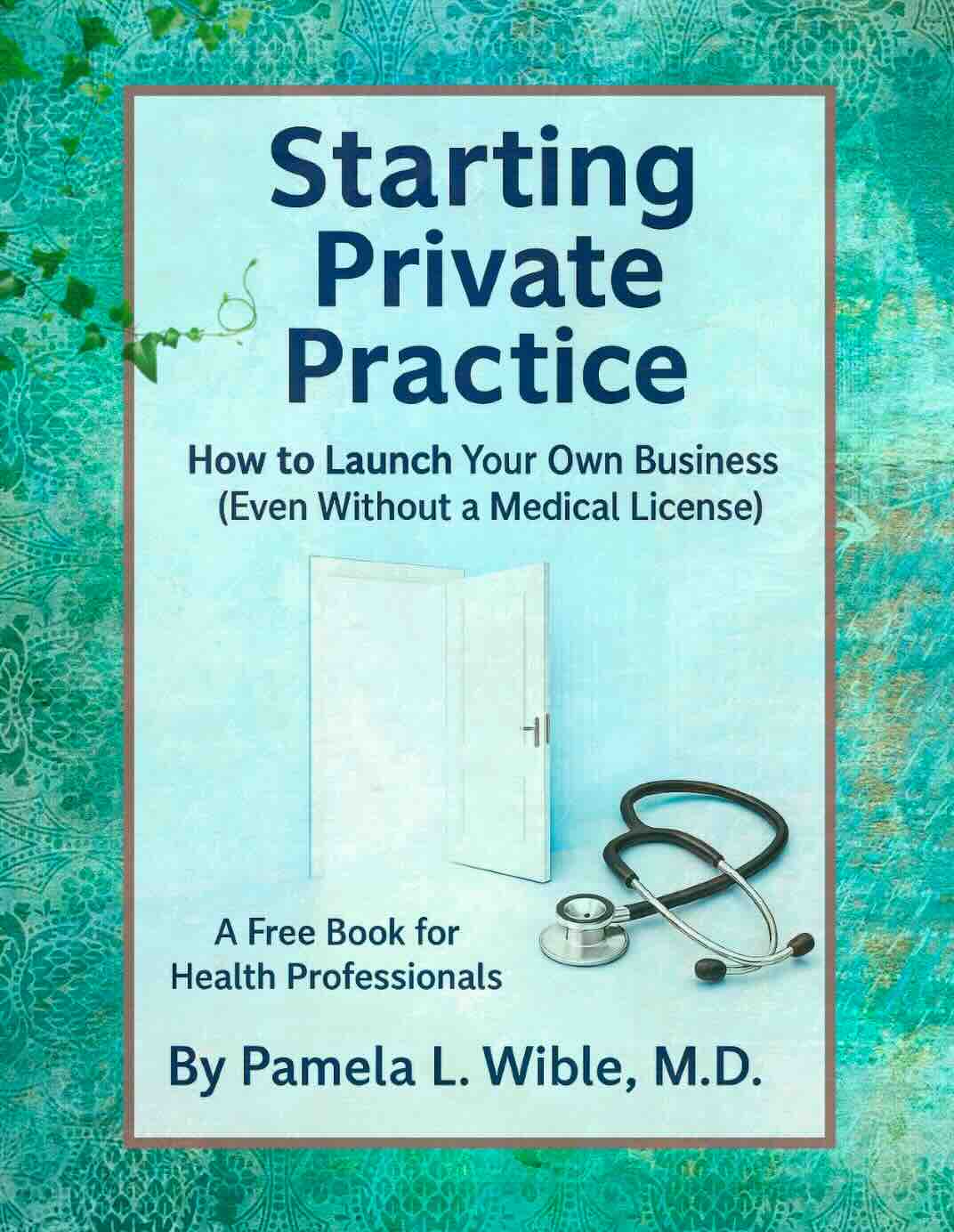
Download your free copy of “Starting Private Practice” – A step-by-step guide to launching your business, even without a license.
How to Launch Your Own Business (Even With No Medical License)
A Free Book for Health Professionals (Request your free copy here)
1.
Introduction & Overview
Why teach health professionals to launch private practices?
Because we were never taught how. Most health professionals are trained to be employees, often managed by administrators in large corporations. We are supposed to diagnose and treat—not run a business. As an employee, your professional fulfillment often depends on people who don’t understand what it truly means to be a healer. I teach health professionals how to live their dreams—by practicing their healing arts on their own terms.
Why care about helping health professionals live their dreams?
I’m a family physician who left assembly-line medicine to open my private practice in 2005. I was surprised by how successful and fulfilling my ideal clinic turned out to be. While I was loving my dream job, most of my peers were being funneled into big-box medical systems. I found myself flooded with colleagues’ questions on how to go solo, so I created a free FAQ that has now grown into this book. Twenty years later, after mentoring thousands of doctors in building successful businesses, I’ve updated this guide to help all health professionals—licensed or not—live their dreams in private practice. My big dream is to help my peers discover the joy of caring for others in alignment with their highest values. More about my mission on Wikipedia.
What’s a private practice?
A private practice is simply a business run by a self-employed professional (like a doctor, lawyer, or CPA). As a health professional, you can launch a private practice to deliver your unique services directly to clients. Whether you’re a physician, nurse practitioner, psychologist, acupuncturist, massage therapist, or midwife, you can design a practice where you set your own hours, fees, and mission. You choose your clients and the kind of care you offer. You control your overhead and income. Your private practice becomes your healing sanctuary.
What happened to physicians’ private practices?
Private practices were once the norm. Historically, most clinics were solo practices run by one doctor. Now, more than 70% of physicians are employed by health systems. Many trade their autonomy for perceived security—only to feel micromanaged, exhausted, and disillusioned. Physicians are now yearning for freedom from middle management and from high-volume, ethically questionable systems. Thankfully, health professionals have more creative options than ever for launching their own private practices. Many clinicians leave private practice due to fear, student debt, or a belief that it’s too complicated. But that’s not true. Private practice is simpler than ever—I’d love to show you how.
What are examples of health professional private practices?
Beyond ideal clinics, I’ve helped health professionals launch all kinds of businesses—including coaching, consulting, and mentorship practices. Coaching involves educating and empowering individuals facing a problem you’ve already overcome. You don’t need a certificate or diploma to help others—you just need passion, lived experience, and a desire to serve. Consulting means offering your expertise to others—often professionals or businesses. I served on the executive team of a hospital system for nearly two years as a physician consultant. Based on my experience launching community-designed clinics, I was hired to help redesign their hospital system to better serve their local community. Mentorship enables a health professional to be a trusted advisor to others in the same field. Coaching, consulting, and mentorship practices can be monetized. None require a license.
Can chronic career disillusionment be dangerous for your health?
If you’re a physician, chances are you’ve struggled to live your dream in medicine. Chronic disillusionment doesn’t just sap your joy; it leads to chronic disease. In fact, your medical career can cause both physical and mental illness—especially if you’re an empath. Straying from your soul’s purpose will inevitably lead to a lifetime of regret. Let’s fix that now.
2.
Ideal Clinics: The Model & Movement
What is your ideal clinic vision?
A vibrant physician in every neighborhood. Grassroots, community-designed health centers that honor all healing modalities. My vision is to inspire health professionals—especially physicians and medical students—to transform health care through the joy of medicine and love of community. I model this vision through our Ideal Medical Care Movement: patient-centered clinics that renew the sacred patient-physician relationship. Our core mission is shared in my TEDx talk: How to Get Naked with Your Doctor.
What inspired your first ideal clinic?
In 2005, fed up with assembly-line medicine, I held a series of town hall meetings and invited my community to design their own ideal clinic. I promised to do whatever they asked—so long as it was basically legal. I collected 100 pages of their written testimony. One month later, we opened the first clinic fully designed by patients. Since then, we’ve trained more than 600 physicians to launch ideal clinics—and inspired thousands more via articles, books, videos, and TED talks.
What is an ideal medical clinic?
An ideal clinic is a sanctuary where doctors are happy and patients feel truly cared for. In medicine, one size does not fit all. Ideal clinics are co-designed by physicians and the communities they serve. Patients need doctors who are whole. And doctors need practices that support their healing mission. Each community defines what “ideal” means to them. Request free book for details of our new community-designed model featured in The Journal of Family Practice.
Are ideal clinics just for physicians?
All health professionals can benefit from the freedom and empowerment of launching their own ideal practice. I’ve helped health professionals build thriving private practices using this model around the world. Even outside of health care—a tree trimmer once told me he applied our low-overhead principles to transform his business!
What kinds of health professionals can open a private practice?
I’ve helped countless board-certified professionals launch ideal clinics: physicians, surgeons, nurse practitioners, physician assistants, and psychologists. I’ve also guided unlicensed nursing students, medical students, herbalists, and counselors to create ideal coaching and consulting practices. No matter your background, you have many paths forward—on your own terms.
3.
Mindset: From Victim to Empowered
You frequently mention two rules to live by. What are they?
1) Align with your ideals—you deserve to be happy.
2) Work within your capacity—it requires less infrastructure.
Physicians complain a lot these days. Why?
Nine out of ten doctors would not recommend the profession. Physicians are stuck in a highly abusive and dysfunctional medical system that wounds both healer and patient. Yet we continue supporting the system—simply by participating in it. While venting may offer momentary relief, it’s far more effective to lead with solutions. Instead of complaining, doctors can create their own ideal clinics.
“You never change things by fighting the existing reality. To change something, build a new model that makes the existing model obsolete.”~ Buckminster Fuller
What are their main areas of dissatisfaction? How did doctors get so discouraged?
Low reimbursement, loss of autonomy, red tape, patient overload, loss of respect, and the malpractice climate top the list. Doctors are demoralized because they’ve become disconnected from the visions that originally led them to medical school. Many now feel like salaried factory workers or pharmaceutical vending machines.
Is dissatisfaction due to the breakdown of the patient-physician relationship?
Yes. We’ve lost the sacred connection with our patients. Most doctors now spend more time staring at screens than making eye contact. Without that therapeutic bond, we lose respect, trust—and our health suffers Poor outcomes leads to more litigation, which brings more regulation (to protect us from one another!) and an even greater loss of autonomy. To manage the burden, we hire more staff. Increased staffing raises overhead, which then demands higher patient volume. What a vicious cycle. A strong therapeutic relationship could have prevented this mess!
Patients complain about physicians too. How can we help patients?
When patients complain about doctors, I gently share that physicians are often idealistic humanitarians who’ve been deeply wounded. Many are sleep-deprived, trained in dehumanizing programs that some describe as a cult. Medical students may graduate with PTSD. Many were forced to harm animals, (including humans) in their training—without informed consent, thus further eroding their compassion. Then, with massive debt (before mortgages or kids!), they’re lured into high-volume jobs that drain their soul. A heartbreaking setup. And it’s not accidental—middlemen are making a fortune off of overworked, people-pleasing physicians.
What can patients do with their frustration?
Once patients realize how victimized their doctors really are, they often feel empathy for them. I encourage patients to offer written or verbal feedback to their physicians—with compassion. Support your doctor. Encourage them to leave abusive systems. Let them know you’d follow them to their private practice. We’re in this together.
Does private practice cure compassion fatigue?
Yes. Compassion fatigue—emotional exhaustion from caring—is common in human service jobs, including medicine. An informal survey of family physicians found it sets in after seeing 10–12 patients. But many doctors in high-overhead clinics must see 28+ patients per day. That means most are “checked out” unable to be fully present for the majority of their patients. When I brought this up with the CEO of a large medical group, he shrugged, “I guess I’ll make my appointments in the morning.” What a cop-out!
Is there a correlation between high overhead and compassion fatigue?
Absolutely. In most high-overhead primary care clinics, the revenue from the first 21 patients (or so) goes straight to overhead. [See Chapter 6 Financial Freedom for a simple math solution.] Why don’t physicians quit and open their own practices like the old days? Many have signed non-compete clauses (now illegal in several states) that prevent them from working nearby. So to leave town, physicians have to pull their kids out of school and sell their homes. Doctors are in survival mode—too exhausted to think clearly. Many have huge mortgages, kids in college, and don’t want to risk losing their salaried positions. Others say their jobs feel like an abusive relationship. When you’ve been beaten down for so long, hopelessness sets in. It takes energy, effort, and confidence to start over, yet many doctors have lost those qualities through years of practicing in stressful unsustainable practices. Good news: You can stop suffering. (It’s simple to open a clinic. You don’t have to take this crap anymore.)
I thought doctors were smart. How did they end up in this mess?
Most physicians are intelligent, compassionate, and resilient—but after med school, they may lack common sense, creativity, and confidence. Medicine is an apprenticeship profession. We learn how to be doctors by watching doctors. Unfortunately, many senior physicians have become cynical and exhausted. Without inspired mentors to pass on their wisdom, the next generation of physicians are indoctrinated by third parties that prey on their naiveté. Instead of fostering innovation, today’s training often pushes conformity. Physicians are funneled into high-volume jobs where salaries are tied to unsustainable production formulas. Their idealistic visions are often casualties of a soul-crushing system that violates the rights of trainees and physicians. Frankly, I believe medical schools are guilty of breach of contract when they fail to nurture the dreams of future doctors.
4.
Medical Education: What’s Missing
What do you mean by breach of contract?
Before entering med school, we submit our personal statements describing our future dreams for our career. Schools accept us (in part) based on our heartfelt visions. But medical schools only provide one of the three core skill sets required for physicians to become the happy, fulfilled doctors they aspire to be. That’s a breach of contract. We pay enormous tuition, sacrifice years of our lives. We deserve training in all areas required to succeed and stay well as physicians.
What are the three skill sets required to practice as a happy, successful doctor?
1) Technical skills. Most U.S. medical schools deliver strong technical training in Western medicine. But they fail to teach human and business skills required to thrive as a doctor.
2) Human skills. How to handle grief and death. How to tell a loved one their child has died. How to find a mentor and avoid isolation. How to recover after losing a peer to suicide. We’re often afraid to seek emotional help due to fear of punishment by employers or medical boards.
3) Business skills. Most physicians receive no business training. We graduate without even basic medicolegal education, making us vulnerable to unintentional insurance fraud that can lead to prison time. Without human and business skills, physicians are easy prey for unethical employers and face unfulfilling, often miserable careers.
How can doctors and med students dig themselves out of this mess?
Get a mentor. Find docs who are doing what you want to be doing and hang with them—now! If you want to be a happy doctor treating patients in an ideal clinic, your mentor should be a happy doctor in an ideal clinic. Avoid advice from depressed, cynical peers. If someone has never been a happy doctor, how can they help you become one?
How do you know if you’ve got the right mentor?
The right mentors are living the dream you want to live. Beware of “burnout experts” and business coaches who have never been happy in clinical practice. Would you go to a marriage counselor who’s been divorced five times and never had a healthy relationship? Avoid advice from people who’ve never done what you’re trying to do. No amount of deep breathing, meditation, yoga, or resilience training makes a toxic job joyful. Cut your losses, find a real mentor, and move on.
Are there options for physicians trapped in assembly-line clinics?
Some doctors try going part-time—but they’re penalized by productivity-based compensation models. In fact, they’re often charged a higher percentage overhead than their full-time peers! Many realize they still can’t thrive (even part-time) and so they retire, drop out, or die by suicide. Our Ideal Medical Care Movement offers another path forward. Find inspiring physicians who are living their dreams in innovative clinics—and follow their lead. Focus on your ideal private practice. Need help? For more free resources, contact Dr. Wible.
Why did you decide to open your own practice?
Depression. Despair. I was actually suicidal (view my TEDMED talk on doctor suicide). I was sick of being abused. After multiple employment “opportunities,” I realized that if I didn’t have the courage to live my own vision, I’d fall prey to someone else’s vision by default. I wanted to stop job hopping from one crappy job to another slightly less crappy job. Since opening my ideal clinic, I feel like I hit the lottery. You can have a “hit-the-lottery” life too!
5.
Relationship-Driven Care
What is relationship-driven care?
Like my peers, I never wanted to churn through 28+ patients per day—the norm for most primary care physicians. In my private practice, I see up to 8 patients per half day, giving each person the time and attention they truly need. Longer, comprehensive visits preserve our therapeutic relationship. Relationship-driven care prioritizes the patient-physician relationship over high-volume scheduling.
What are examples of relationship-driven practices?
Some physicians start retainer-based or concierge practices, where patients pay an annual fee (in addition to insurance) for better access and more personalized care. Others return to cash-only clinics—the original model before 1965—or offer house calls, where they can truly understand their patients in their home environment. Some physicians specialize in hospice or geriatrics to slow down, step off the treadmill, and rediscover meaningful relationships with their patients. And here’s the good news: Low-overhead clinics make it possible to still accept insurance—while offering deep, connected, human-centered care.
What is ideal medical care?
Ideal medical care is truly patient-centered—designed by the doctor and community together. Ideal care means patients have easy access to a physician who takes time to listen, provides great education, and supports them in becoming their best selves. To make this possible, ideal clinics often combine low overhead with technology to streamline work flow. Most importantly, ideal care does not create a two-tiered system where only the wealthy get good care. An ideal clinic may be a direct-pay cash model, insurance-based, a house-call practice, or any other structure that works best for a specific community.
Should every health professional practice relationship-driven care?
Every health professional deserves to feel healthy, happy, and inspired while caring for others. Some thrive on the adrenaline of a fast-paced urgent care center. If they’re delivering great care and loving their work—awesome! The problem? Many docs feel miserable practicing assembly-line medicine and their lives kinda suck. View video on how to leave assembly-line medicine.
6.
Financial Freedom: Low Overhead, High Value
What are the detriments of a high-overhead clinic?
High overhead drives high volume. My overhead used to be 74%—so for every $100 I collected, $74 went out the door, leaving me with just $26 before taxes. Another way to look at it: I had to work 143 days a year (that’s 8.6 months!) and see 4,004 patient visits annually—just to pay overhead. National average for overhead of primary care doctors is around 60%. A friend of mine working in a large multi-specialty group kept only 15% of her collections—meaning 85% overhead. What a rip off.
Can you describe your practice before and after?
As a full-time employee, I worked 4 long days/week with 28+ visits/day. Now I work part-time 3 half days/week with max 24 pts/week. I used to rush through over 5,400 office visits per year and now I can relax and enjoy 1,200 or less. I used to be responsible for a panel of 2,500 patients! I could barely remember my patients. Now I’ve got a panel of 400 patients I know well. I was excellent at “producing,” but wasn’t very happy. Read more about how to achieve financial freedom in the free book, Starting Private Practice: How to Launch Your Own Business (Even Without a Medical License).
Table Of Contents 👇
1. Introduction & Overview 2. Ideal Clinic: The Model & Movement 3. Mindset: From Victim To Empowerment 4. Medical Education: What’s Missing 5. Relationship-Driven Care 6. Financial Freedom: Low Overhead, High Value 7. Revenue & Payments Models 8. Staffing: Office & Operations 9. Insurance Tips & Tricks 10. Design Your Dream Practice 11. Community Support 12. Mentorship & Coaching 13. Resources & more . . .
Click on image below & request your copy here.

Pamela Wible, M.D., is an entrepreneur, business strategist, and expert in physician psychology. She runs a free doctor suicide helpline and offers physician retreats and peer support for doctors in distress. Her greatest joy is helping health professionals enjoy the freedom of private practice, so they can become self-actualized as the healers they were born to be. Contact Dr. Wible.
